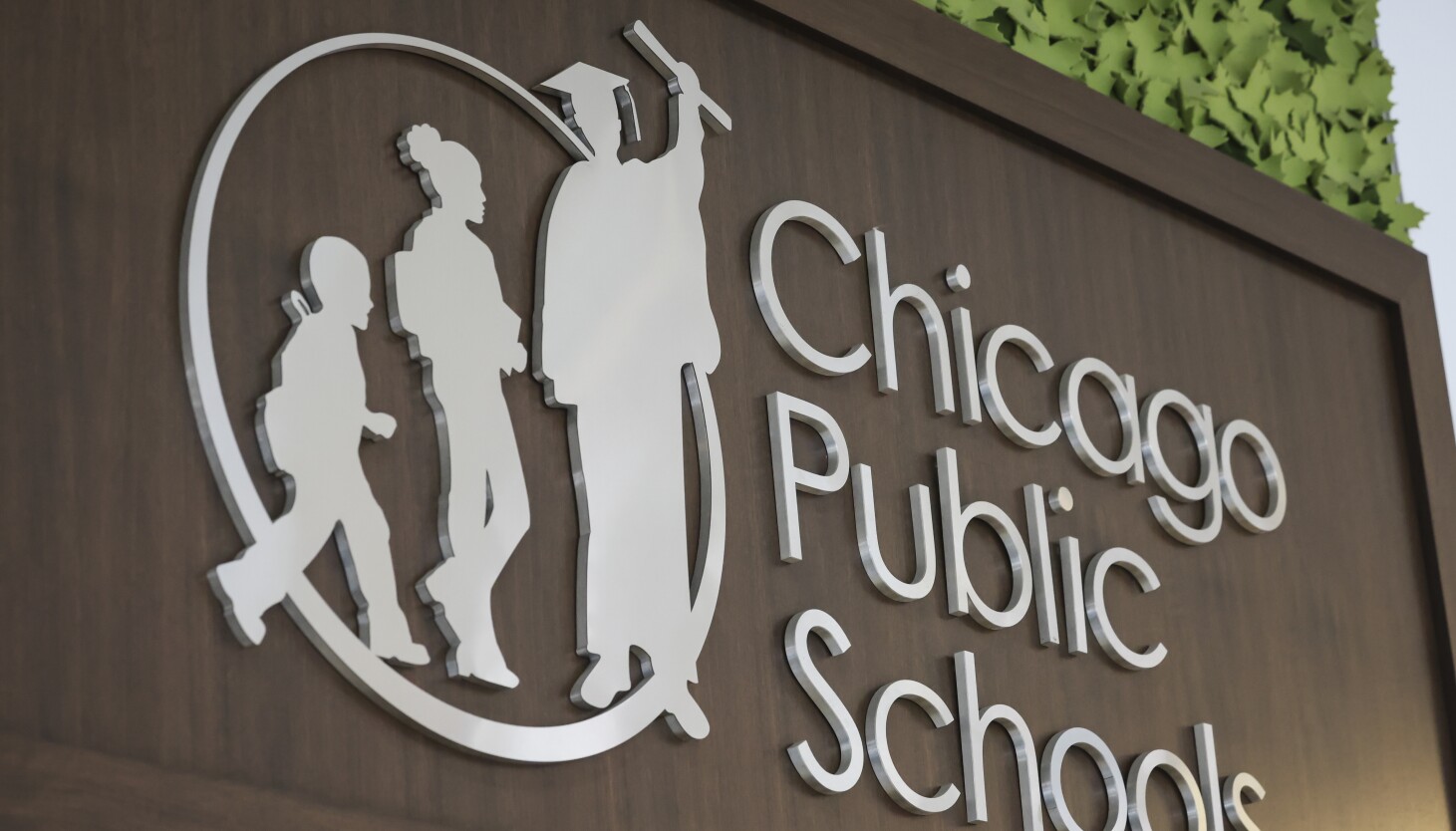State Oversight Proposed Amid CPS Financial Crisis
As Chicago Public Schools (CPS) confronts a staggering $529 million budget deficit, the Civic Federation, a respected fiscal watchdog, is recommending a return to state financial oversight as a potential remedy. The proposal comes amid growing concerns over CPS’ structural deficit and long-term fiscal sustainability.
The Civic Federation, which closely monitors government finances in Illinois, believes reinstating an oversight structure similar to the one in place during the mid-1990s could help restore stability to the beleaguered school district. “Given the size and scope of the deficit, this is an option that deserves serious consideration,” said Civic Federation President Laurence Msall.
Historic Precedent for State Intervention
In 1995, the Illinois General Assembly approved legislation that gave the state sweeping oversight of CPS finances. This move resulted in a balanced budget and a period of financial stability for the district. That oversight structure included a dedicated oversight panel and restrictions on new borrowing, helping the district regain fiscal control.
However, state oversight was rolled back in 2010, leaving CPS to manage its finances independently. Since then, the district has grappled with recurring deficits, rising pension obligations, and fluctuating enrollment numbers that have strained its budget.
“We’re not advocating for a state takeover,” Msall clarified. “But a temporary oversight body with clear benchmarks could help ensure accountability and transparency as CPS works to stabilize its budget.”
Structural Deficit Poses Long-Term Threat
The Civic Federation’s latest report highlights that CPS’ current financial woes are not merely short-term budgetary issues but are rooted in a deeper structural deficit. This means the district’s recurring expenses consistently outpace its revenues, even in years without unexpected financial shocks.
Factors contributing to the deficit include rising employee healthcare and pension costs, declining enrollment, and the expiration of federal pandemic relief funds. According to the report, the loss of these temporary funds has created an even more urgent need for sustainable financial reform.
Mixed Reactions from City Officials and Educators
City officials and education leaders have offered a range of responses to the Civic Federation’s proposal. Some have expressed openness to the idea of oversight, while others have raised concerns about local control and equity.
Chicago Mayor Brandon Johnson, a former teacher and union organizer, has emphasized the importance of maintaining local governance in educational decisions. “We welcome support and collaboration,” said Johnson in a statement, “but any solution must prioritize community input and protect our schools from austerity measures that have historically harmed students.”
Meanwhile, CPS CEO Pedro Martinez has acknowledged the severity of the financial challenges but has not publicly supported or opposed the idea of state oversight. “Our focus remains on identifying solutions that are fiscally responsible and in the best interest of our students,” said Martinez.
Union Voices Concern Over Potential Cuts
The Chicago Teachers Union (CTU) has voiced opposition to the idea of state oversight, citing concerns about potential budget cuts and loss of local control. CTU President Stacy Davis Gates warned that oversight could lead to austerity measures that disproportionately impact low-income and minority students.
“We’ve seen what happens when decision-making is taken out of the hands of educators and communities,” Davis Gates said. “We need investment, not oversight that prioritizes budgets over students.”
Despite these concerns, the Civic Federation maintains that oversight does not have to equate to cuts. “An oversight body can help guide difficult decisions while ensuring transparency and long-term planning,” said Msall.
Next Steps and Legislative Hurdles
Any move toward reinstating state oversight would require action from the Illinois General Assembly. Lawmakers would need to pass legislation creating a new oversight entity and defining its scope and authority. So far, there has been no formal proposal introduced in the legislature.
State Senator Robert Martwick, a Democrat who chairs the Senate Education Committee, said the idea deserves discussion but emphasized the need for a balanced approach. “We need to explore all options to ensure CPS is on solid financial footing,” Martwick said. “But we must also safeguard local input and equity in education.”
As the debate continues, CPS must submit its budget by the end of the fiscal year. The district has indicated it will present a draft budget to the Board of Education in the coming weeks.
Looking Ahead
With time running short and difficult decisions ahead, the Civic Federation’s proposal adds another layer to the conversation about how best to address CPS’ financial crisis. Whether through oversight, increased funding, or structural reforms, stakeholders agree that a sustainable solution is urgently needed.
“This isn’t about pointing fingers,” Msall concluded. “It’s about ensuring that our students have the resources they need while maintaining fiscal responsibility.”
This article is inspired by content from Chicago Sun-Times. It has been rephrased for originality. Images are credited to the original source.

